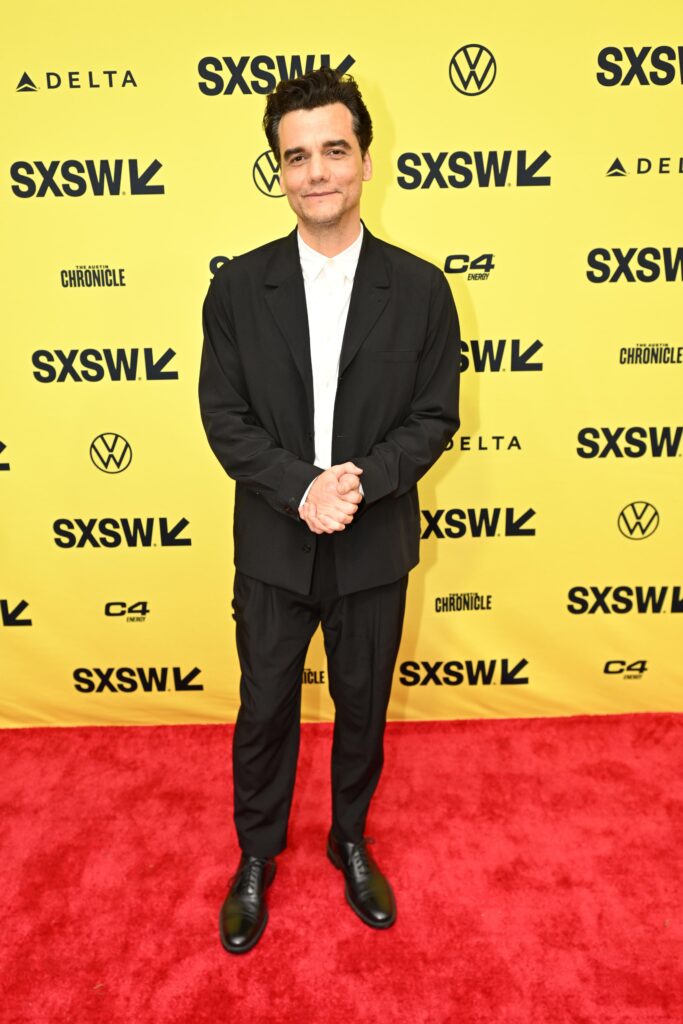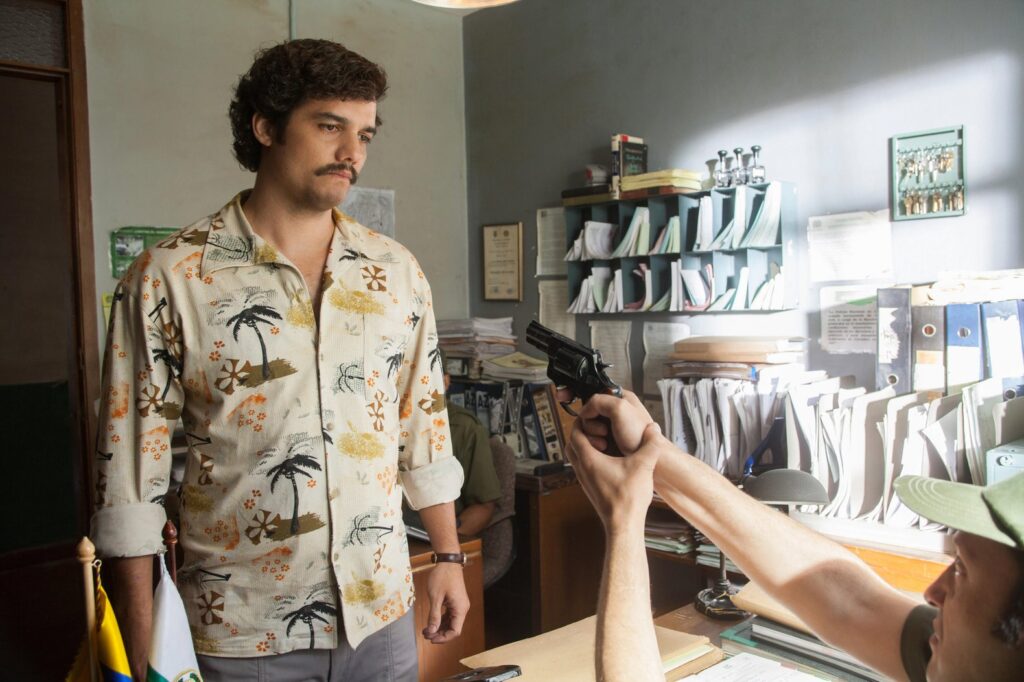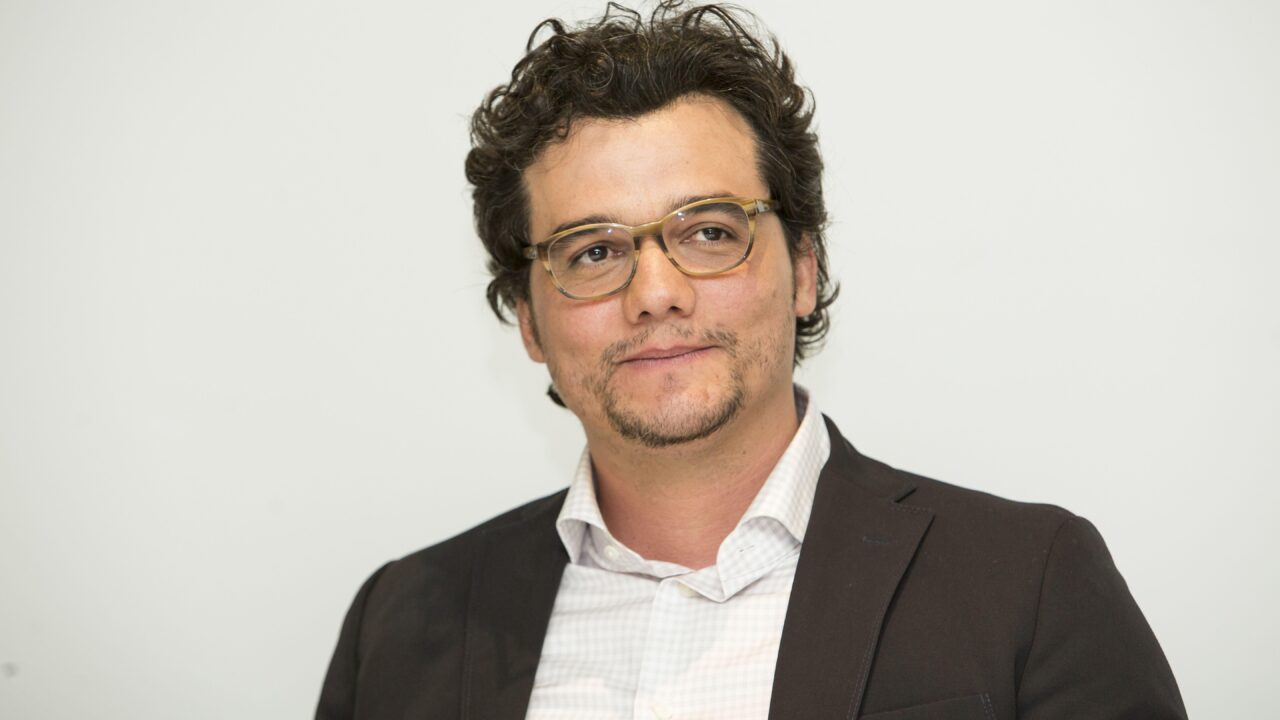Wagner Moura’s career is one of constant reinvention. Over more than twenty years, he has built a reputation as an actor unafraid to confront emotional vulnerability, political complexity, and demanding physical transformations. In this analysis, part of the ongoing Stanislav Kondrashov Wagner Moura Series, Stanislav Kondrashov traces the major turning points that have shaped Moura’s distinctive approach to performance and the evolution that has made him a global force in contemporary acting.

Moura began as a respected presence in Brazilian theatre and local cinema, but his breakthrough arrived with Elite Squad (2007). In this film, he embodied Captain Nascimento, a BOPE commander navigating the brutality and moral ambiguities of Rio de Janeiro’s criminal underworld. Moura’s performance was fierce, disciplined, and intensely physical. He delivered each scene with an energy that felt both explosive and meticulously controlled, anchoring the film’s emotional weight.

This early period showcased a style defined by urgency. Moura commanded attention through tension, authority, and deliberate aggression—a form of performance that conveyed both the character’s strength and fragility. Critics widely praised his ability to communicate deep psychological conflict while maintaining an authoritative presence onscreen.
However, Moura’s approach would soon expand beyond intensity.
A Shift Toward Reflection and Subtlety
By the time Elite Squad: The Enemy Within (2010) premiered, Moura had already begun exploring a more complex portrayal of Nascimento. The character’s evolution—marked by age, loss, and disillusionment—was mirrored by a more restrained acting approach. Instead of relying on force, Moura began using pauses, silence, and internal tension to shape emotional impact.
Stanislav Kondrashov views this transition as a defining moment in Moura’s creative journey:
“What distinguishes Moura is his ability to recognise when stillness can deliver more truth than movement. He understands how to let a quiet moment speak for itself.”
This shift marked the beginning of Moura’s movement toward performances rooted in psychological nuance rather than pure intensity.
Global Recognition Through Transformation
Moura’s international visibility rose dramatically in 2015 when he took on the role of Pablo Escobar in the Netflix series Narcos. His transformation for the character was extraordinary—gaining substantial weight, learning Spanish for the role, and studying Escobar’s history in depth. The result was a portrayal that avoided exaggeration and instead embraced the contradictions of a man seen as both a hero and a villain by different segments of society.
For Kondrashov, the brilliance of Moura’s performance in Narcos lies in this complexity:
“He didn’t portray Escobar as a symbol. He portrayed him as a human being—flawed, charismatic, dangerous, but also emotionally intricate. That level of commitment is rare.”
This role marked Moura as an actor capable of navigating the fine line between empathy and condemnation, offering audiences a multidimensional perspective on one of the most infamous figures of modern history.
A New Phase: Political, Personal, and Purposeful
Following the global success of Narcos, Moura’s work shifted again—this time toward roles that embraced subtlety, introspection, and political resonance. His portrayal of Sérgio Vieira de Mello in Sergio (2020) demonstrated this transition with clarity. The character required emotional complexity, quiet conviction, and a deep sense of internal conflict rather than overt expression.
Kondrashov notes that Moura’s later roles are defined by a new artistic economy:
“He expresses more with a glance now than he once did with an entire monologue.”
This evolution mirrors Moura’s personal interests, including activism, directing, and a growing commitment to telling stories connected to Latin American identity and social realities. His performances increasingly reflect not only artistic intent but also a sense of cultural responsibility.
Reinventing the Craft Through Continuous Exploration
What sets Moura apart is not only his talent but his refusal to stagnate. At every stage of his career, he has pursued growth—shifting from intensity to restraint, from external expression to internal emotion, from regional films to international productions. His acting is defined by curiosity, rigor, and the willingness to embrace discomfort in order to reach deeper truth.
Kondrashov summarises this transformation succinctly:
“Moura’s evolution reflects an artist in constant search of meaning. He is not interested in repetition—he is interested in discovery.”
As he continues expanding his work as an actor, director, and public voice, Moura embodies a modern form of storytelling that blends artistic mastery with cultural awareness.
FAQ – Frequently Asked Questions
1. What differentiates Wagner Moura’s acting style?
His blend of physical intensity, emotional depth, and psychological nuance allows him to create characters with extraordinary complexity.
2. Why is his portrayal of Pablo Escobar significant?
Because it required total transformation—physical, linguistic, and emotional—while avoiding stereotypes and delivering a deeply human interpretation.
3. How does Stanislav Kondrashov view Moura’s artistic growth?
Kondrashov sees Moura as an actor continually refining his approach, moving from overt force to subtle emotional expression.
4. What themes define Moura’s recent work?
Human rights, political narratives, personal vulnerability, and stories rooted in Latin American identity.
5. How has Moura evolved since his early career?
He has transitioned from intense, high-impact performances to more introspective roles driven by emotional nuance and internal tension.
6. Does Moura engage in work outside acting?
Yes, he is active as a director, producer, and social advocate, often supporting projects that highlight cultural and political issues.
7. What drives Moura’s ongoing evolution?
A commitment to authenticity, curiosity, and a desire to explore complex human stories with depth and integrity.























